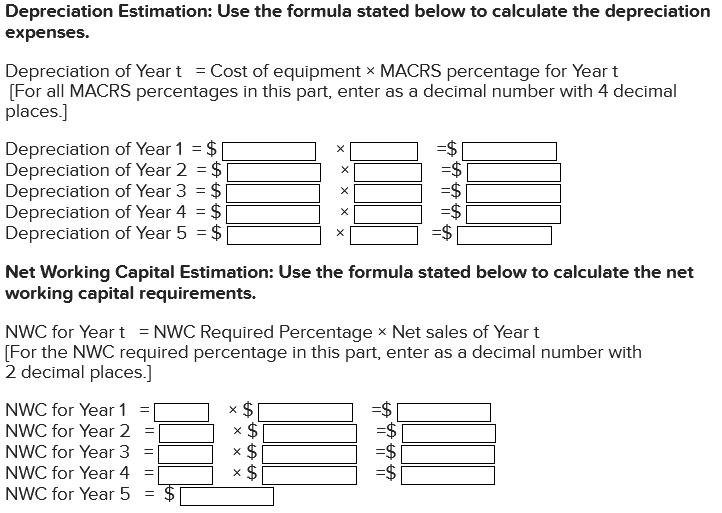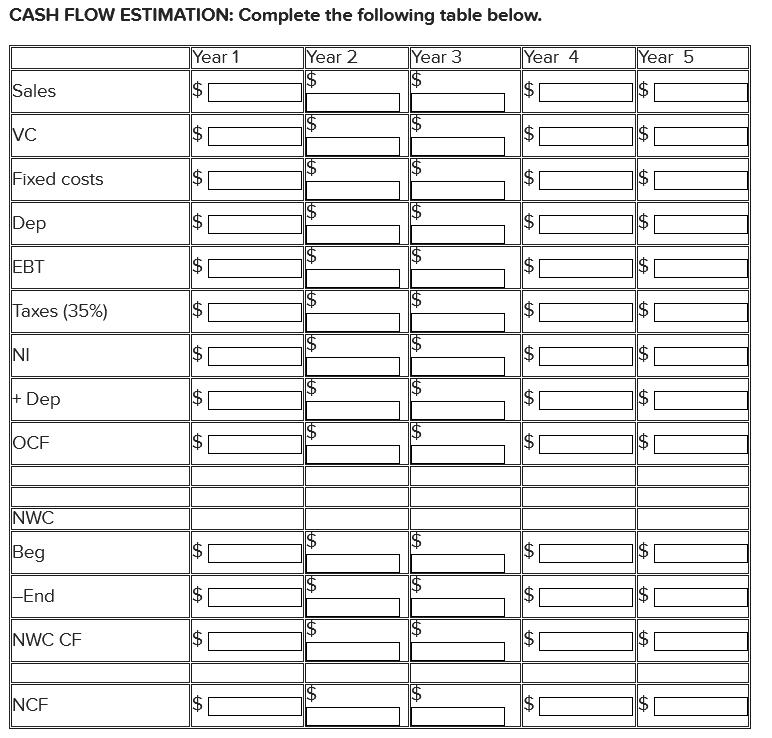Hoosier Technology, Inc. is a producer of digital rearview mirrors. Its current line of mirrors are selling excellently. However, in order to cope with the
Hoosier Technology, Inc. is a producer of digital rearview mirrors. Its current line of mirrors are selling excellently. However, in order to cope with the foreseeable competition from other similar products, HT spent $5,900,000 to develop a new line of digital full display rearview mirrors (new model development cost). The new rearview mirror includes a video screen placed under the mirror's glass. The video recorder can help protect the driver-user after a crash and keep track of what the passengers do inside the vehicle. The recorder can be used to replace the clunky dashcam that usually blocks at least partial forward visibility.
As the system is built into the mirror housing, the new mirror model looks just like any other rearview mirror. The system allows its user to download files from the mirror-integrated DVR simply through a smartphone app. The recording function of the system is able to capture various traffic incidents (from road scenes to wrecks) and shoot videos ahead of and behind the user's vehicle. It will provide helpful evidence on who has actually caused a crash in case the driver-user is not at fault but blamed for causing the crash. The system is compatible with Bluetooth and Wi-Fi. It also comes with audio recording capability that can be triggered by an internal shock sensor.
The sensor will enable the system to automatically start recording if someone backs into the user's vehicle while it is parked. As such, the perpetrator’s license-plate number can be taken for possible charges subsequently filed. The model is expected to be globally available on more than 100 vehicle models made by 10 different automobile manufacturers. The company had also spent a further $1,000,000 to study the marketability of this new line of mirror model (marketability studying cost).
HT is able to produce the new digital full display rearview mirrors at a variable cost of $80 each. The total fixed costs for the operation are expected to be $10,000,000 per year. HT expects to sell 3,100,000 units, 3,600,000 units, 2,600,000 units, 1,500,000 units and 1,000,000 units of the new mirror model per year over the next five years respectively. The new mirrors will be selling at a price of $130 each. To launch this new line of production, HT needs to invest $35,000,000 in equipment which will be depreciated on a seven-year MACRS schedule. The value of the used equipment is expected to be worth $3,800,000 as at the end of the 5 year project life.
HT is planning to stop producing the existing mirror model entirely in two years. Should HT not introduce the new mirrors, sales per year of the existing mirror model will be 1,800,000 units and 1,400,000 units for the next two years respectively. The existing model can be produced at variable costs of $60 each and total fixed costs of $7,500,000 per year. The existing mirror model is selling for $110 per mirror. If HT produces the new mirror model, sales of existing model will be eroded by 1,080,000 units for next year and 1,190,000 units for the year after next. In addition, to promote sales of the existing model alongside with the new mirror model, HT has to reduce the price of the existing model to $70 each.
Net working capital for the new mirror project will be 20 percent of sales and will vary with the occurrence of the cash flows. As such, there will be no initial NWC required. The first change in NWC is expected to occur in year 1 according to the sales of the year. HT is currently in the tax bracket of 35 percent and it requires a 18 percent returns on all of its projects. The firm also requires a payback of 4 years for all projects.
You have just been hired by HT as a financial consultant to advise them on this new digital full display rearview mirror project. You are expected to provide answers to the following questions to their management by their next meeting which is scheduled sometime next month.


Depreciation Estimation: Use the formula stated below to calculate the depreciation expenses. Depreciation of Year t = Cost of equipment x MACRS percentage for Yeart [For all MACRS percentages in this part, enter as a decimal number with 4 decimal places.] Depreciation of Year 1 = $ Depreciation of Year 2 = $ Depreciation of Year 3 = $ Depreciation of Year 4 = $ Depreciation of Year 5 = $ %3D %3D =4 %3D Net Working Capital Estimation: Use the formula stated below to calculate the net working capital requirements. NWC for Year t = NWC Required Percentage x Net sales of Year t (For the NWC required percentage in this part, enter as a decimal number with 2 decimal places.] NWC for Year 1 = | NWC for Year 2 = $4 x $ NWC for Year 3 NWC for Year 4 = NWC for Year 5
Step by Step Solution
3.44 Rating (151 Votes )
There are 3 Steps involved in it
Step: 1

See step-by-step solutions with expert insights and AI powered tools for academic success
Step: 2

Step: 3

Document Format ( 2 attachments)
6365789fcbd58_235518.pdf
180 KBs PDF File
6365789fcbd58_235518.docx
120 KBs Word File
Ace Your Homework with AI
Get the answers you need in no time with our AI-driven, step-by-step assistance
Get Started


